From June to August, we had an artist-in-residence intern at the lab. Her name is Rosemary Liss. She’ll be posting a few things from her work this past summer—this first one is a collection of images from our day-to-day. -ed.
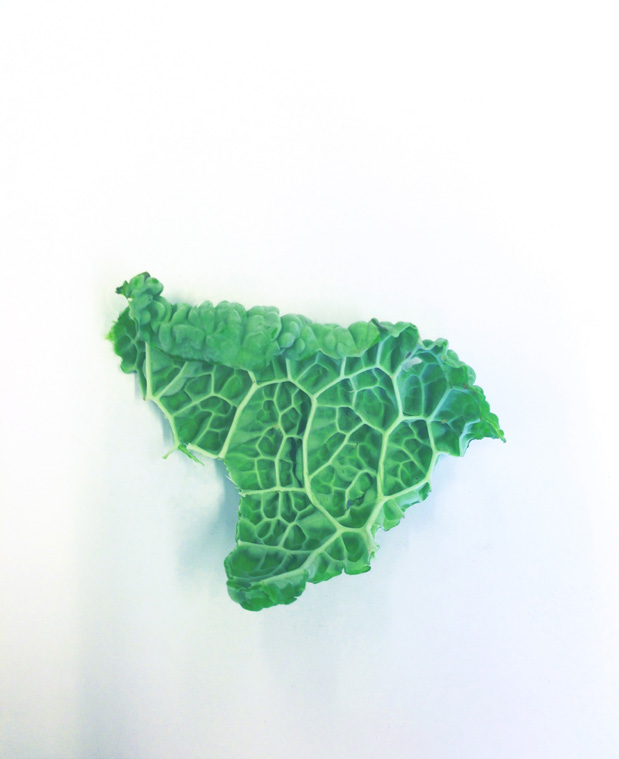
cultivating an edible consciousness
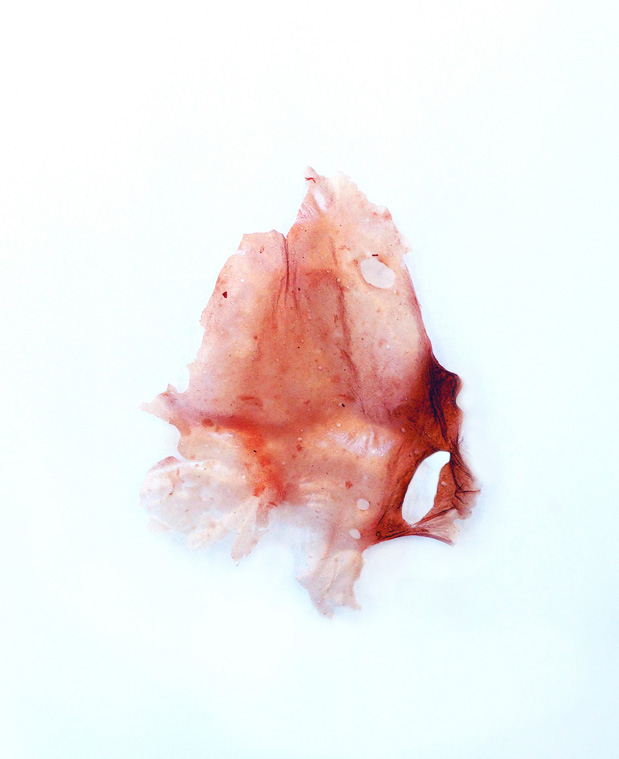
found textures
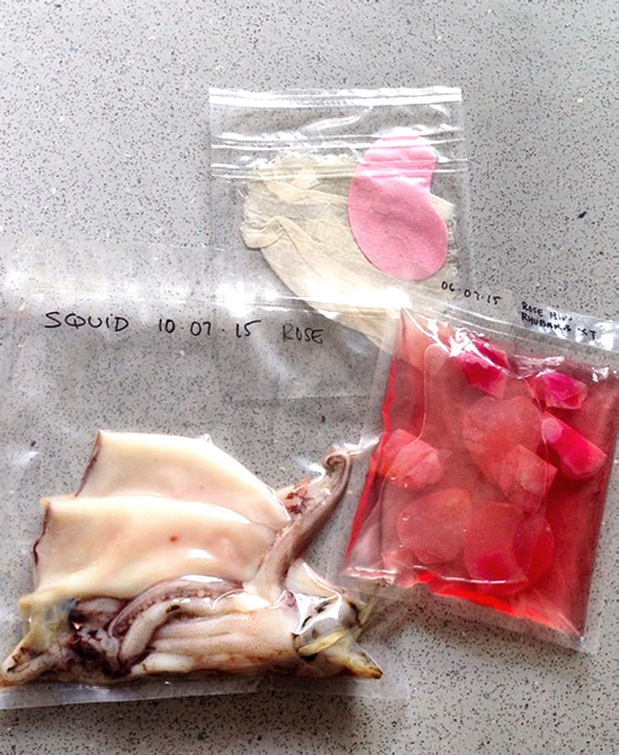
some perfect beauty
“you begin with the possibilities of the material”
– Robert Rauschenberg: Painter’s Painting (1973)
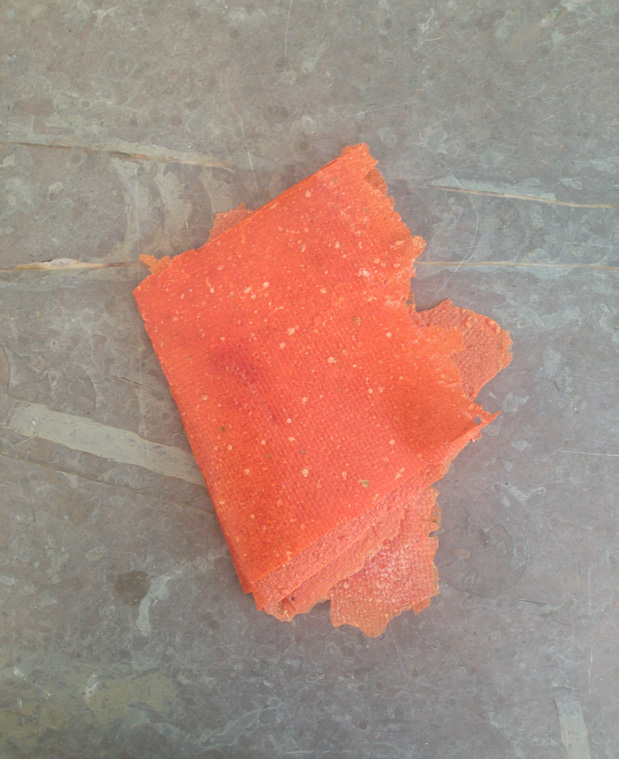
utilising the glut
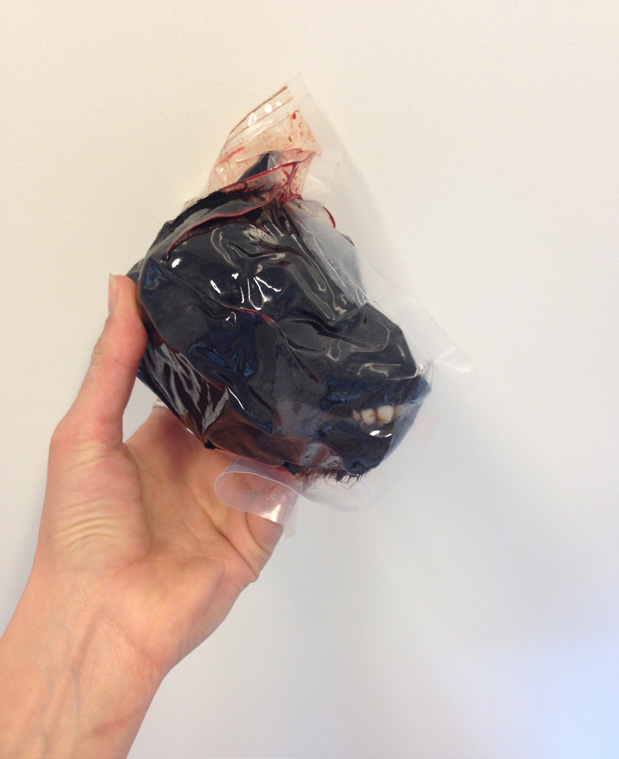
traditional foodways
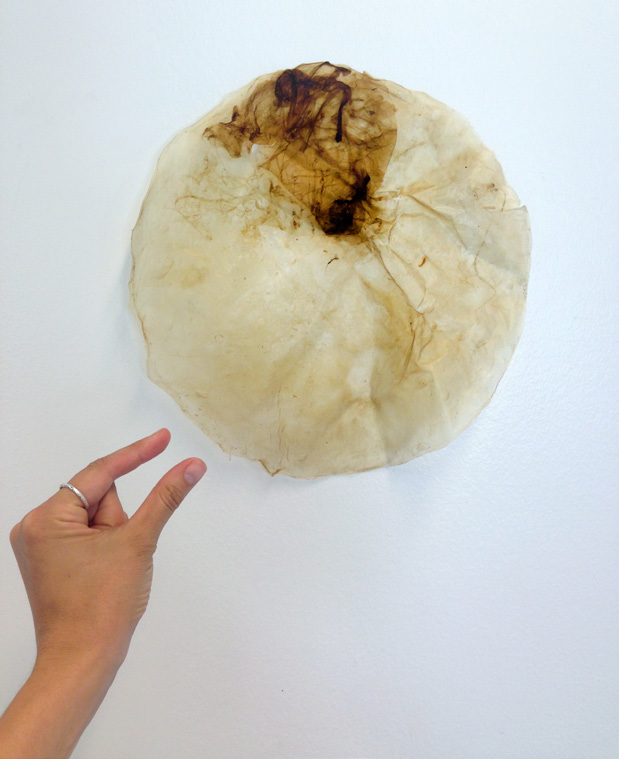
dehydrating the pellicle
“this is this big”
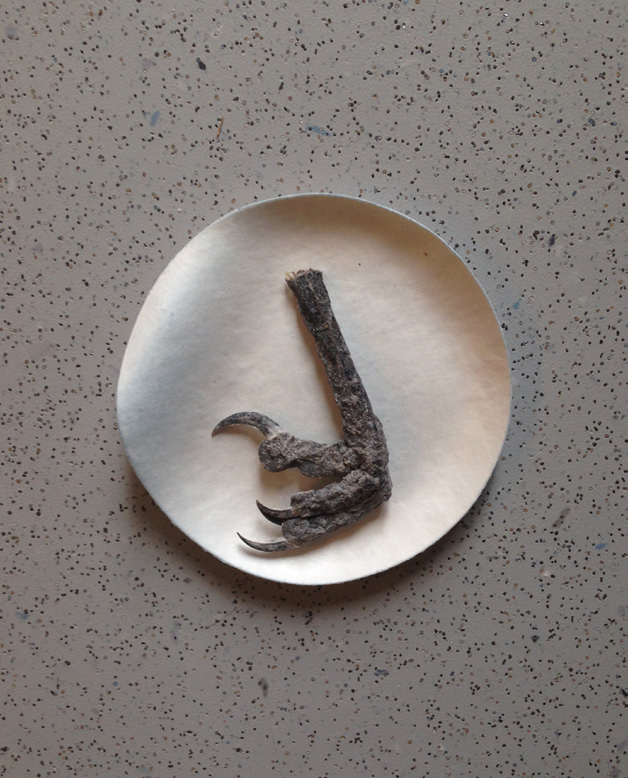
a bird’s eye view
“To break nature into its component parts to solve problems, as you would go about repairing an old watch, is to go about it in entirely the wrong way. That isn’t how biological systems work. It’s how computer programs work.”
– Dan Barber: The Third Plate (2014)
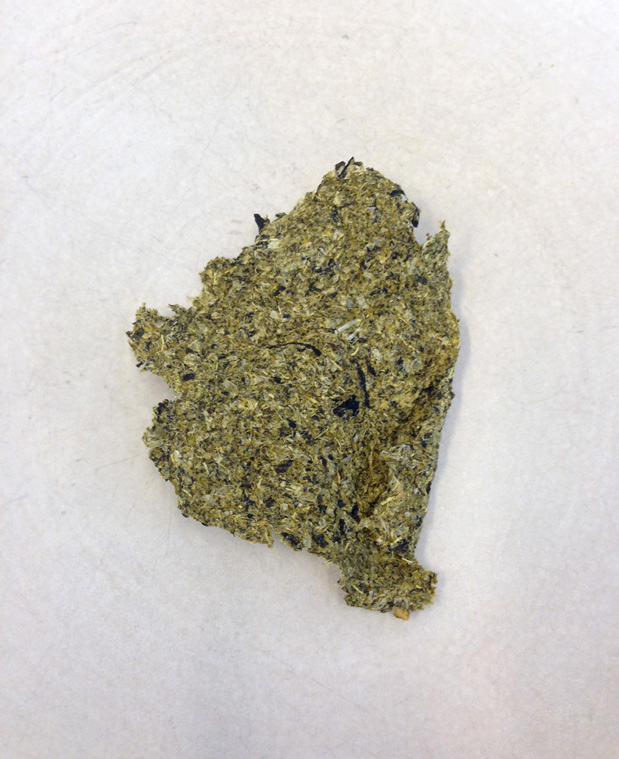
discourse diversity
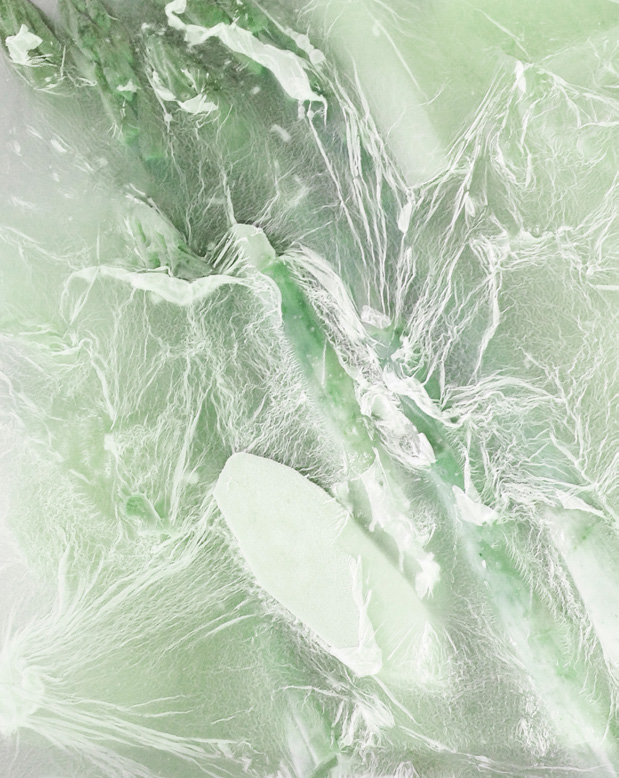
silky piquancy
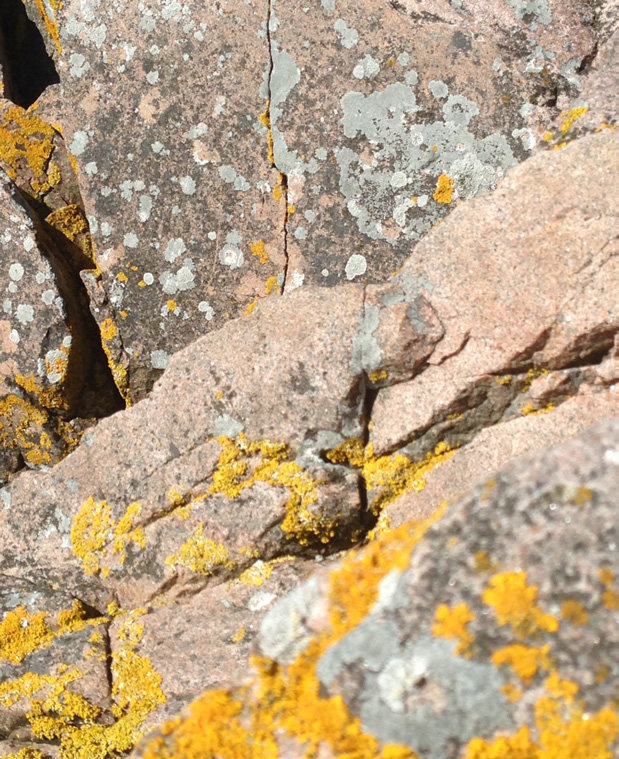
the edge effect
“The more edge you create, the more biodiversity you create, where a meadow meets a forest or a piece of water meets a meadow. Two different ecologies meet. Two different kinds of landscapes meet… that is where you find the most biodiversity at that edge.”
– Nils Norman: The Edge Effect: Art & Ecology in the Nordic Landscape (2014)
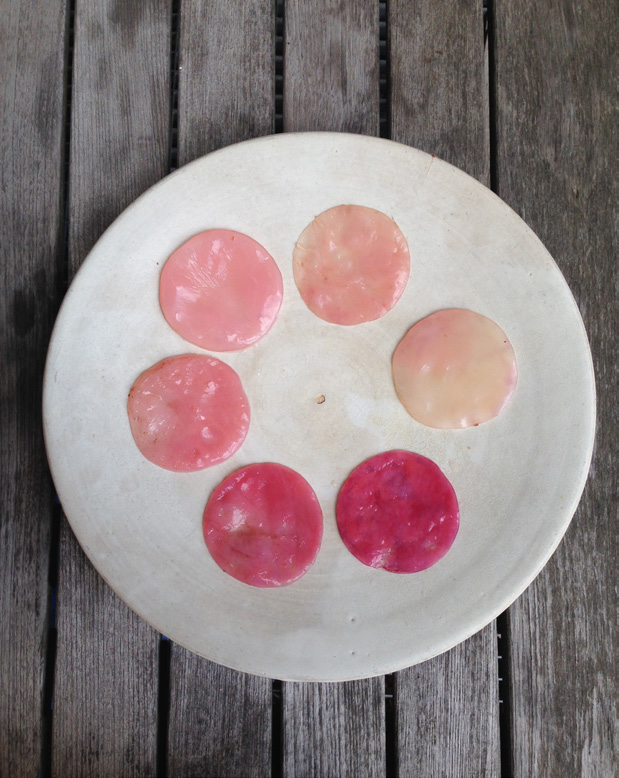
zoogleal ombré
“The circulation of the blood is primary…It is the blood that drives the heart and not the other way around.”
– Rudolf Steiner: “The Question of Food” from The Effects of Esoteric Development (1913)
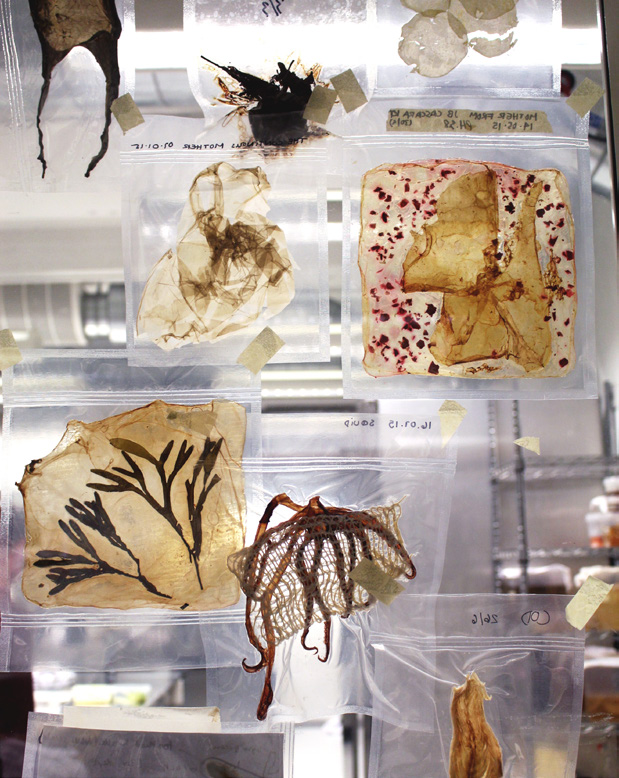
gastronomically oriented
(c/o Katherine Ball)
“Now more than ever, nature cannot be separated from culture; in order to comprehend the interactions between ecosystems, the mecanosphere and the social and individual Universes of reference, we must learn to think ‘transversally.”
– Felix Guattari: The Three Ecologies (1989)
(All photos by the artist, unless stated otherwise)
